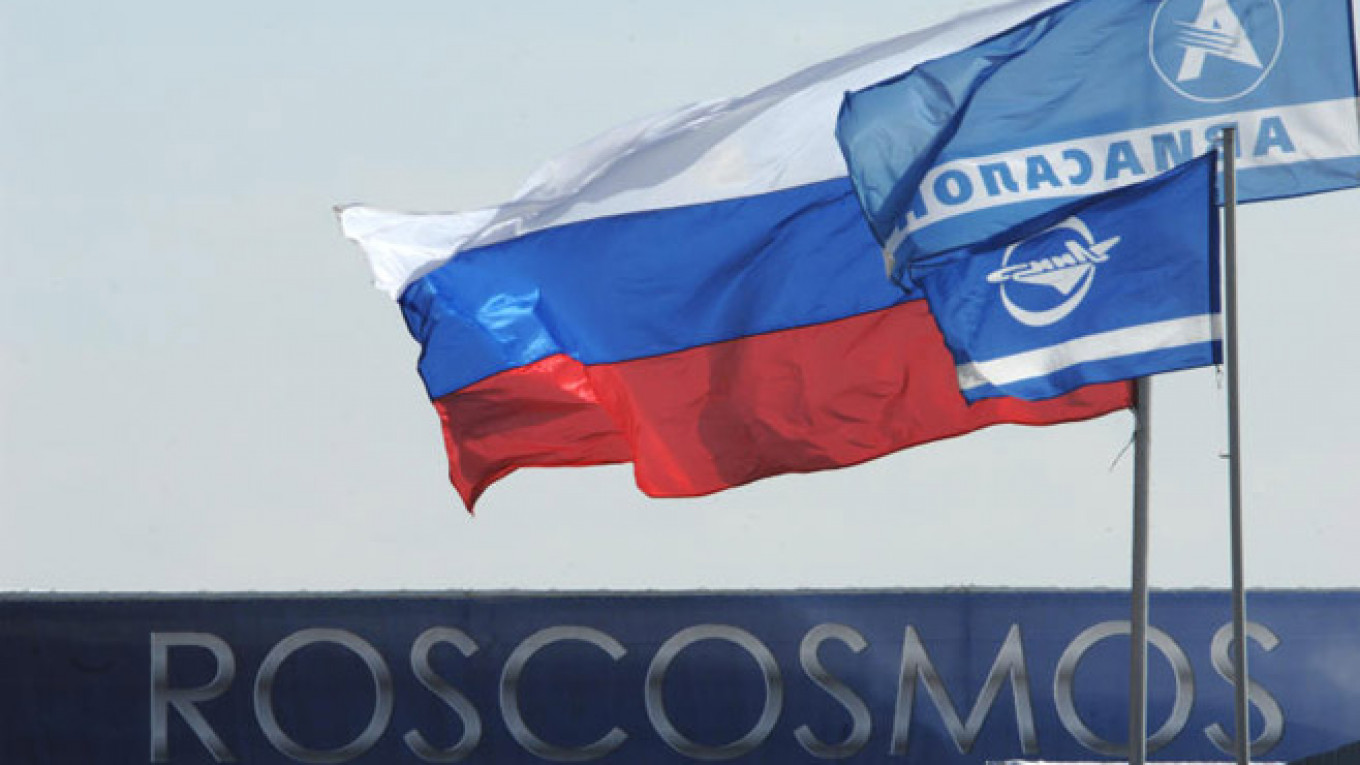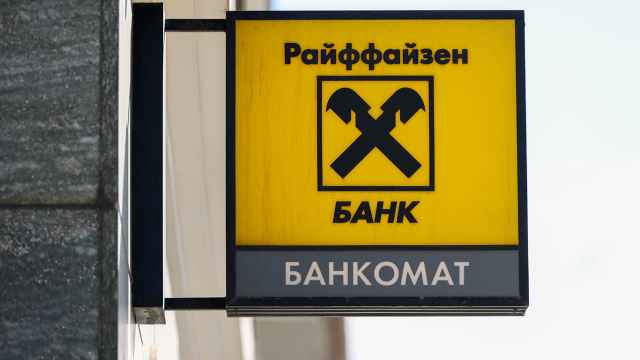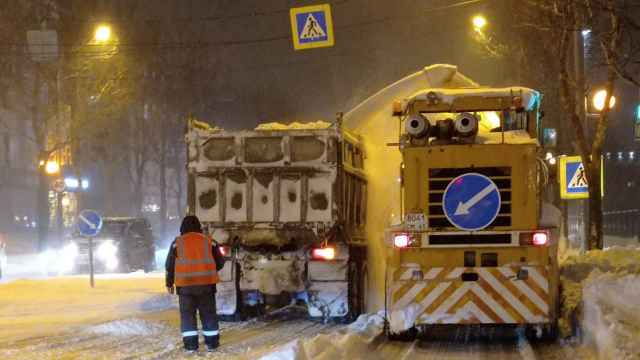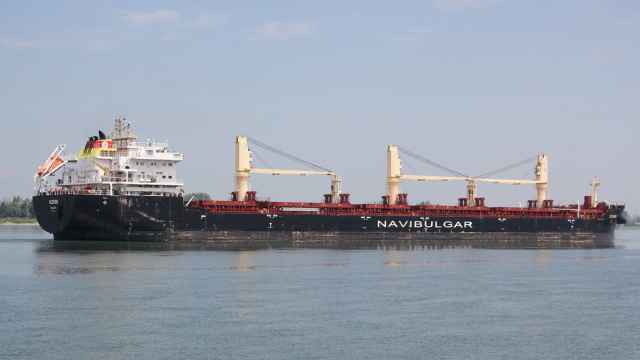Special report for MT
As a tit-for-tat sanctions war vaporizes U.S.-Russian space cooperation, the Russian government has boosted the budget of its Federal Space Agency by 1.8 trillion rubles ($52 billion) to modernize and expand its existing infrastructure and capabilities by 2020.
The new program for Russian space activities through 2020 was quietly released on Tuesday, the same day that Deputy Prime Minister Dmitry Rogozin issued a series of controversial statements painting the future of U.S.-Russian space cooperation in a bleak light.
According to Rogozin, Russia will not accept a NASA proposal to extend the life of the International Space Station, or ISS beyond 2020, and instead will be looking to other projects and partners. The new space policy, which pledges 1.8 trillion rubles toward modernization and development efforts throughout the Russian space industry, appears to be a step toward ensuring Russia is free to pursue its own interests in space after its ISS obligations are fulfilled in 2020.
Rogozin tweeted that Russia will discuss cooperative space projects with China at a summit meting in Beijing on May 19.
Be that as it may, Russia has extensive international obligations to fill in the near-term, a point that is made in the Roscosmos statement explaining the new plan. Indeed, the entirety of the 1.8 trillion rubles will be devoted to addressing near-term concerns, such as ensuring "the access and necessary presence of Russia in space."
Therefore, Roscosmos will launch a long-overdue modernization effort in the Soviet-era industrial base responsible for producing the rockets and technology that have enabled Russia to enjoy its preeminence in space exploration.
This modernization effort will extend to the renovations to the old cosmodromes at Plesetsk — located in Arkhangelsk — and Baikonur — located in northern Kazakhstan.
Russia currently leases the Baikonur Cosmodrome from the Kazakh government for $115 million annually.
Russia is also busy constructing a brand new launch facility in the Far East — the Vostochny Cosmodrome.
Vostochny will be the home of Russia's newest rocket, Angara — a critical project for Russia, as it will be the first new launch vehicle to be deployed since the fall of the Soviet Union.
The government has ordered Roscosmos to expand the existing constellation of orbiting satellites to 78 by 2015, and 113 by 2020, "in order to meet the needs of the state," the plan said. The military, for example, does not have the elaborate network of communications and reconnaissance satellites it once commanded during the Cold War, as these assets were not replaced when they reached the ends of their operational lifetimes during the 1990s.
Moreover, the expansion of Russia's network of satellites places a heavy emphasis on the continued deployment of Glonass satellites, including the newest Glonass-K models. This will drive the program toward its goal of providing Glonass users with navigation data accurate to 1.4 meters by 2015, and 0.6 meters by 2020.
The 2020 plan also emphasizes the need for the development of the advanced hardware Russia will need to pursue ambitious lunar and deep space exploration projects beyond 2020.
1.8 trillion rubles is a significant investment in the Russian space program. Since the collapse of the Soviet state apparatus that had so lavishly funded space exploration — famously launching both the first satellite and man into space — the Russian space program has experienced protracted economic hardship.
Last year, President Vladimir Putin pledged to double down on Russia's space program, presenting an ambitious outline of exploration and technological development through 2030 and beyond. At that time, he promised a hefty $52 billion investment toward revitalizing Russian space efforts, which has now been delivered.
The new space budget places Roscosmos back on the leading edge of global space expenditures, second only to NASA — which receives around $17 billion to $18 billion annually. If this funding level remains consistent through 2020, the U.S. will have outspent Russia in space by almost $70 billion dollars.
A Message from The Moscow Times:
Dear readers,
We are facing unprecedented challenges. Russia's Prosecutor General's Office has designated The Moscow Times as an "undesirable" organization, criminalizing our work and putting our staff at risk of prosecution. This follows our earlier unjust labeling as a "foreign agent."
These actions are direct attempts to silence independent journalism in Russia. The authorities claim our work "discredits the decisions of the Russian leadership." We see things differently: we strive to provide accurate, unbiased reporting on Russia.
We, the journalists of The Moscow Times, refuse to be silenced. But to continue our work, we need your help.
Your support, no matter how small, makes a world of difference. If you can, please support us monthly starting from just $2. It's quick to set up, and every contribution makes a significant impact.
By supporting The Moscow Times, you're defending open, independent journalism in the face of repression. Thank you for standing with us.
Remind me later.






